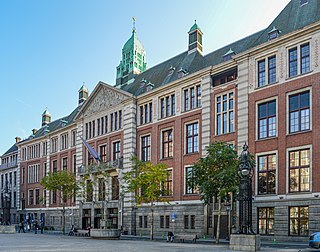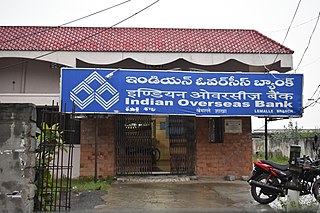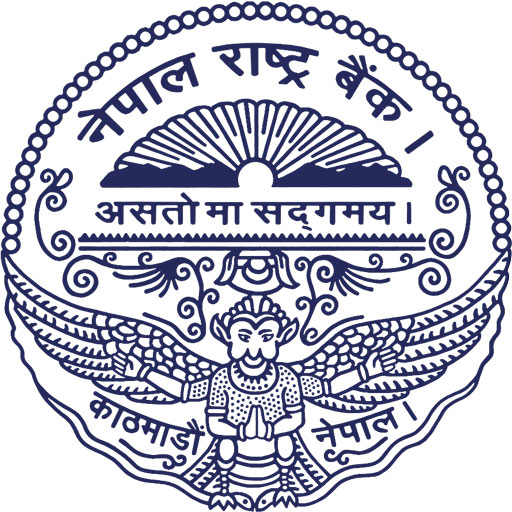External links
- http://www.vonage-forum.com/ftopic468.html
- http://www.packetizer.com/voip/h323_vs_sip/
- http://www.w3.org/TR/ws-gloss/
A dial peer, also termed addressable call endpoint, initiates or obtains calls within a telephone network.

Euronext N.V. is a pan-European bourse that offers various trading and post-trade services.

The Chicago Mercantile Exchange (CME) is a global derivatives marketplace based in Chicago and located at 20 S. Wacker Drive. The CME was founded in 1898 as the Chicago Butter and Egg Board, an agricultural commodities exchange. Originally, the exchange was a non-profit organization. The Merc demutualized in November 2000, went public in December 2002, and merged with the Chicago Board of Trade in July 2007 to become a designated contract market of the CME Group Inc., which operates both markets. The chairman and chief executive officer of CME Group is Terrence A. Duffy, Bryan Durkin is president. On August 18, 2008, shareholders approved a merger with the New York Mercantile Exchange (NYMEX) and COMEX. CME, CBOT, NYMEX, and COMEX are now markets owned by CME Group. After the merger, the value of the CME quadrupled in a two-year span, with a market cap of over $25 billion.

The Minister for Foreign Affairs is the foreign minister of Sweden and the head of the Ministry for Foreign Affairs.

The Pakistani rupee is the official currency of Pakistan since 1948. The coins and notes are issued and controlled by the central bank, namely State Bank of Pakistan.

The Romanian leu is the currency of Romania. It is subdivided into 100 bani, a word that means "money" in Romanian.

Indian Overseas Bank (IOB) is a major Indian nationalised bank. It is under the ownership of Ministry of Finance, Government of India based in Tamil Nadu, India, with about 3,214 domestic branches, about 4 foreign branches and representative office. Founded in February 1937 by M. Ct. M. Chidambaram Chettyar with twin objectives of specialising in foreign exchange business and overseas banking, it has created various milestones in Indian Banking Sector. During the nationalisation, IOB was one of the 14 major banks taken over by the government of India. On 5 December 2021, IOB got Degidhan Award 2020–21 by Ministry of Electronics & Information Technology for achieving second highest percentage of digital payment transaction among public sector banks. As on 31 March 2022, IOB's total business stands at ₹417,960 crore (US$52 billion).
A currency future, also known as an FX future or a foreign exchange future, is a futures contract to exchange one currency for another at a specified date in the future at a price that is fixed on the purchase date; see Foreign exchange derivative. Typically, one of the currencies is the US dollar. The price of a future is then in terms of US dollars per unit of other currency. This can be different from the standard way of quoting in the spot foreign exchange markets. The trade unit of each contract is then a certain amount of other currency, for instance €125,000. Most contracts have physical delivery, so for those held at the end of the last trading day, actual payments are made in each currency. However, most contracts are closed out before that. Investors can close out the contract at any time prior to the contract's delivery date.
In finance, a foreign exchange option is a derivative financial instrument that gives the right but not the obligation to exchange money denominated in one currency into another currency at a pre-agreed exchange rate on a specified date. See Foreign exchange derivative.
In finance, risk reversal can refer to a measure of the volatility skew or to a trading strategy.
The Foreign Exchange Management Act, 1999 (FEMA), is an Act of the Parliament of India "to consolidate and amend the law relating to foreign exchange with the objective of facilitating external trade and payments and for promoting the orderly development and maintenance of foreign exchange market in India". It was passed on 29 December 1999 in parliament, replacing the Foreign Exchange Regulation Act (FERA). This act makes offences related to foreign exchange civil offenses. It extends to the whole of India, replacing FERA, which had become incompatible with the pro-liberalization policies of the Government of India. It enabled a new foreign exchange management regime consistent with the emerging framework of the World Trade Organization (WTO). It also paved the way for the introduction of the Prevention of Money Laundering Act, 2002, which came into effect from 1 July 2005.
According to the Fourth Five-Year Economic Development Plan (2005–2010), the Privatization Organization of Iran affiliated with the Ministry of Economic Affairs and Finance is in charge of setting prices and ceding shares to the general public and on the Tehran Stock Exchange. The privatization effort is primarily backed by reformist members of the Iranian government and society who hope that privatization can bring about economic and social change.
Foreign exchange service (FX) is an access service in a telecommunications network in which a telephone in a given exchange area is connected, via a private line, as opposed to a switched line, to a telephone exchange or central office in another exchange area, called the foreign exchange, rather than the local exchange area where the subscriber station equipment is located.

Nanchang University is a public research university located in Nanchang, Jiangxi, China. NCU has also been recognized as a National Key University in the nation. Based on the new plan initiated by Chinese Ministry of Education in 2017, NCU has been listed as one of nearly 140 Double First Class Universities in the mainland China. NCU is the first and the only one in Jiangxi Province that has been sponsored by both former Project 211 (1995-2015) and Double First Class University Plan (2015-present) of the Ministry of Education.

The Nepal Rastra Bank (NRB) was established April 26, 1956 A.D. under the Nepal Rastra Bank Act, 1955, to discharge the central banking responsibilities including guiding the development of the embryonic domestic financial sector. As of now, the NRB is functioning under the new Nepal Rastra Bank Act, 2002. functions of NRB are to formulate required monetary and foreign exchange policies so as to maintain the stability in market prices, to issue currency notes, to regulate and supervise the banking and financial sector, to develop efficient payment and banking systems among others. The NRB is also the economic advisor to the government of Nepal. As the central bank of Nepal, it is the monetary, supervisory and regulatory body of all the commercial banks. development banks, finance companies and micro-finances institutions. The central office is located in Baluwatar, Kathmandu and it has eight provincial offices, located at Biratnagar, Janakpur, Birgunj, Pokhara, Siddharthanagar, Nepalgunj, Surkhet and Dhangadhi.

Iran–Kyrgyzstan relations are foreign and diplomatic relations between Kyrgyzstan and Iran. Bilateral relations between Iran and Kyrgyzstan are mostly even and somewhat relaxed.

The Soneri Bank Limited is a Pakistani bank based in Karachi, Sindh, Pakistan. Its head office is located in the PNSC Building. It is a mid-sized bank having about over 360 branches country-wide. Soneri Bank started its operation in the year 1992.
Securities industry in China is an article on the securities industry in mainland China.

Shanghai Free-Trade Zone, officially China (Shanghai) Pilot Free-Trade Zone, is a free-trade zone in Shanghai, China. On 22 August 2013, the State Council approved the establishment of the zone. Officially launched on 29 September 2013 with the backing of Chinese Premier Li Keqiang, it is the first free-trade zone in mainland China and covers an area of 240.2 square kilometres (92.7 sq mi). Shanghai FTZ integrates four existing bonded zones in the district of Pudong—Waigaoqiao Free Trade Zone, Waigaoqiao Free Trade Logistics Park, Yangshan Free Trade Port Area and Pudong Airport Comprehensive Free Trade Zone.